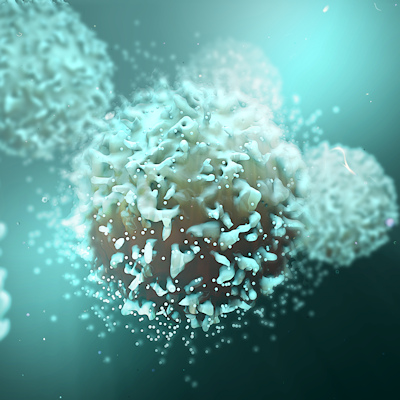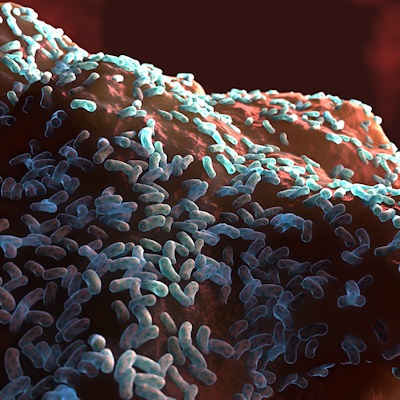August 18, 2022 -- Using human serum, investigators at Cedars-Sinai Medical Center and the National Institute of Allergy and Infectious Diseases have devised a new method that allows the identification of gut microbes that activate immunity after breaching the gut barrier.
Human serum, the fluid found in blood that contains all of an individual's antibodies, allowed the researchers to understand the total body immune responses to all gut microbes. They also used high-throughput sequencing to calculate an IgG score used to measure how much antibody there is against each gut microbe.
The methodology, described August 17 in the journal Science Translational Medicine, could help to identify which human gut microbes are most likely to contribute to inflammatory diseases and could lead to more personalized therapies, according to researchers.
"Microbes crossing the gut barrier usually causes inflammation and activation of the immune system, which are key features of many inflammatory diseases," senior author Ivan Vujkovic-Cvijin, PhD, an assistant professor in the department of biomedical sciences and gastroenterology at Cedars-Sinai, said in a statement. "By understanding which specific microbes are crossing the gut and causing inflammation in a disease, we then can devise methods to get rid of those microbes to stop the disease."
Copyright © 2022 scienceboard.net








